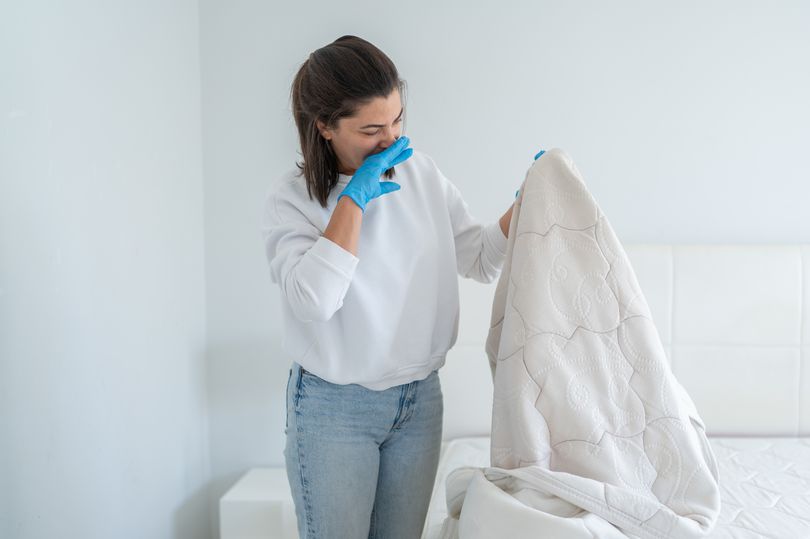Microbiologist Reveals Best Bedding Wash Routine for Hygiene

The Importance of Regular Bedding Cleaning
Maintaining a clean and hygienic sleeping environment is crucial for overall health and well-being. An expert in clinical microbiology has highlighted the frequency with which we should wash our bedding, revealing that some items require more frequent cleaning than most people realize.
Each night, as we sleep, we shed hundreds of thousands of skin cells, excrete oils from our sebaceous glands, and sweat up to half a pint of fluid. This natural process means that our beds become breeding grounds for bacteria and fungi. These microorganisms can cause unpleasant odors and contribute to various health issues, including allergies and respiratory problems.
What Gets Into Our Bedding?
While we are outdoors, our bodies and hair gather pollutants, dust, pollen, and other allergens. These substances are then transferred onto our bedding, potentially triggering allergies and affecting air quality in the bedroom. Additionally, the skin cells we shed each night serve as food for dust mites, which thrive in the warm and moist environment of our mattresses and bedding.
Although dust mites themselves are not harmful, their faecal droppings are potent allergens that can worsen conditions such as eczema, asthma, and allergic rhinitis. Fungi, like aspergillus fumigatus, can also be found in used bed pillows and may lead to serious lung infections, especially in individuals with weakened immune systems.
How Often Should You Wash Your Bedding?
Primrose Freestone, a senior lecturer in clinical microbiology at the University of Leicester, provided specific guidelines on washing different types of bedding:
-
Sheets and Pillowcases: It is recommended to wash these weekly, or every three to four days if you have been ill, have sweated heavily, or share your bed with pets. Washing at 60°C or higher with detergent helps kill bacteria and dust mites. For deeper sanitization, tumble dry or iron the sheets. To target dust mites inside pillows, freeze them for at least eight hours.
-
Mattresses: Vacuum the mattress at least once a week and air it every few days. Using a plastic or allergen-proof mattress protector and replacing the mattress every seven years can help maintain hygiene and support.
-
Pillow Interiors: Wash these every four to six months, checking the label first. Internal filling can harbor bacteria and mold, so it's essential to wash thoroughly and dry completely to prevent fungal growth.
-
Blankets and Duvet Covers: These should be washed every two weeks, or more often if pets sleep on them. They trap skin cells, sweat, and allergens, so washing at 60°C or as high as the care label allows is advisable. Some guidance suggests treating these like towels, using regular and hot washes to keep them hygienic.
-
Duvets: Wash these every three to four months, depending on usage and whether pets or children share your bed. Even with a cover, body oils and mites can eventually seep into the filling. Check the label: many duvets are machine-washable, while others may require professional cleaning.
The Health Benefits of Clean Bedding
Primrose emphasized that washing bedding is not just about keeping things fresh but is a matter of health. Regular laundering removes the biological mix of sweat, skin, dust, and microbes, which helps reduce allergic reactions, prevent infections, and keep odours at bay.
As research continues to highlight the profound impact of sleep on heart health, mental clarity, and overall well-being, maintaining a hygienic sleep environment is a small but powerful investment in your health. By following these guidelines, you can ensure that your bedding remains clean, comfortable, and conducive to restful sleep.

Posting Komentar untuk "Microbiologist Reveals Best Bedding Wash Routine for Hygiene"